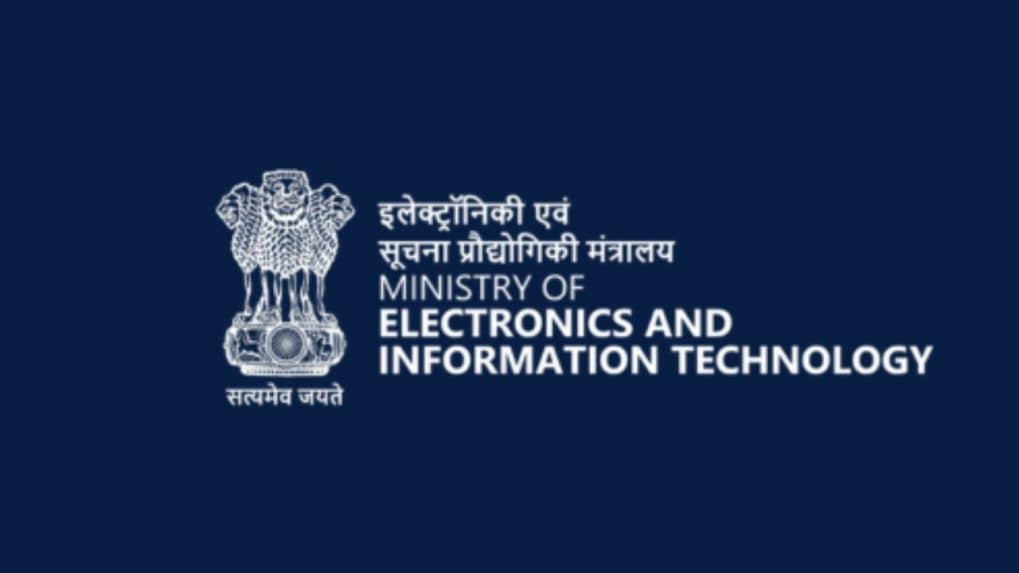How it Works
WPP, Havas, Omnicom: Are advertising’s biggest holdcos recasting agencies as AI Operating Systems?

The Ministry of Electronics and Information Technology has notified the draft amendment to the Information Technology (Intermediary Guidelines and Digital Media Ethics Code) Rules, 2025, aimed at strengthening accountability for synthetically generated content on digital platforms. The rules, which may come into effect later this year, introduce clear requirements for labelling, metadata tagging, and user verification related to AI-generated or algorithmically modified information.
Under the amendments, “synthetically generated information” is defined as any content created, modified, or altered using computer resources in a manner that makes it appear authentic or true. Social media intermediaries and platforms enabling such content must now prominently label AI-generated content, embed permanent unique identifiers or metadata, and ensure that these cannot be removed or altered.
Significant social media intermediaries are also required to verify user declarations regarding synthetic content using appropriate technical measures, including automated tools. If a platform knowingly allows unlabelled or falsely declared AI-generated content, it will be deemed to have failed in exercising due diligence under the IT Act.
The amendment also clarifies that removal or disabling of access to synthetically generated content in compliance with grievance mechanisms does not amount to a violation of existing intermediary liability protections.
Significant social media intermediaries (SSMIs) under IT Rules are those platforms which have more than 5 million registered users in India. Such platform like a Facebook, Youtube, Snap and so on are liable to additional compliances under the 2021 rules. The draft rules propose that synthetic visuals cover at least 10 per cent of the screen area or initial audio duration, ensuring users can easily distinguish AI-generated material from authentic content.
Platforms enabling the creation or modification of such synthetic content would also be required to adopt technical measures to verify and declare if uploaded content is AI-generated, MeitY said.
These rules mark a significant step in the government’s efforts to increase transparency, accountability, and user awareness in the rapidly evolving digital ecosystem, particularly as AI-generated content becomes increasingly prevalent.
The original IT rules were first published in February 2021 and have since undergone amendments in October 2022 and April 2023. The 2025 amendment expands the regulatory framework to cover the growing use of AI and synthetic content on online platforms.
MeitY said the move is part of its broader push to maintain an “open, safe, trusted and accountable Internet” while addressing growing risks of misinformation, impersonation, and election manipulation driven by generative AI.
The ministry has invited stakeholder feedback on the draft by November 6, 2025, via email at itrules.consultation@meity.gov.in.
From purpose-driven work and narrative-rich brand films to AI-enabled ideas and creator-led collaborations, the awards reflect the full spectrum of modern creativity.
Read MorePraveen Someshwar, Managing Director and CEO of Diageo India, joins the Grand Jury of the Storyboard18 Awards for Creativity, highlighting the awards’ focus on work that blends cultural relevance with strategic and commercial impact.